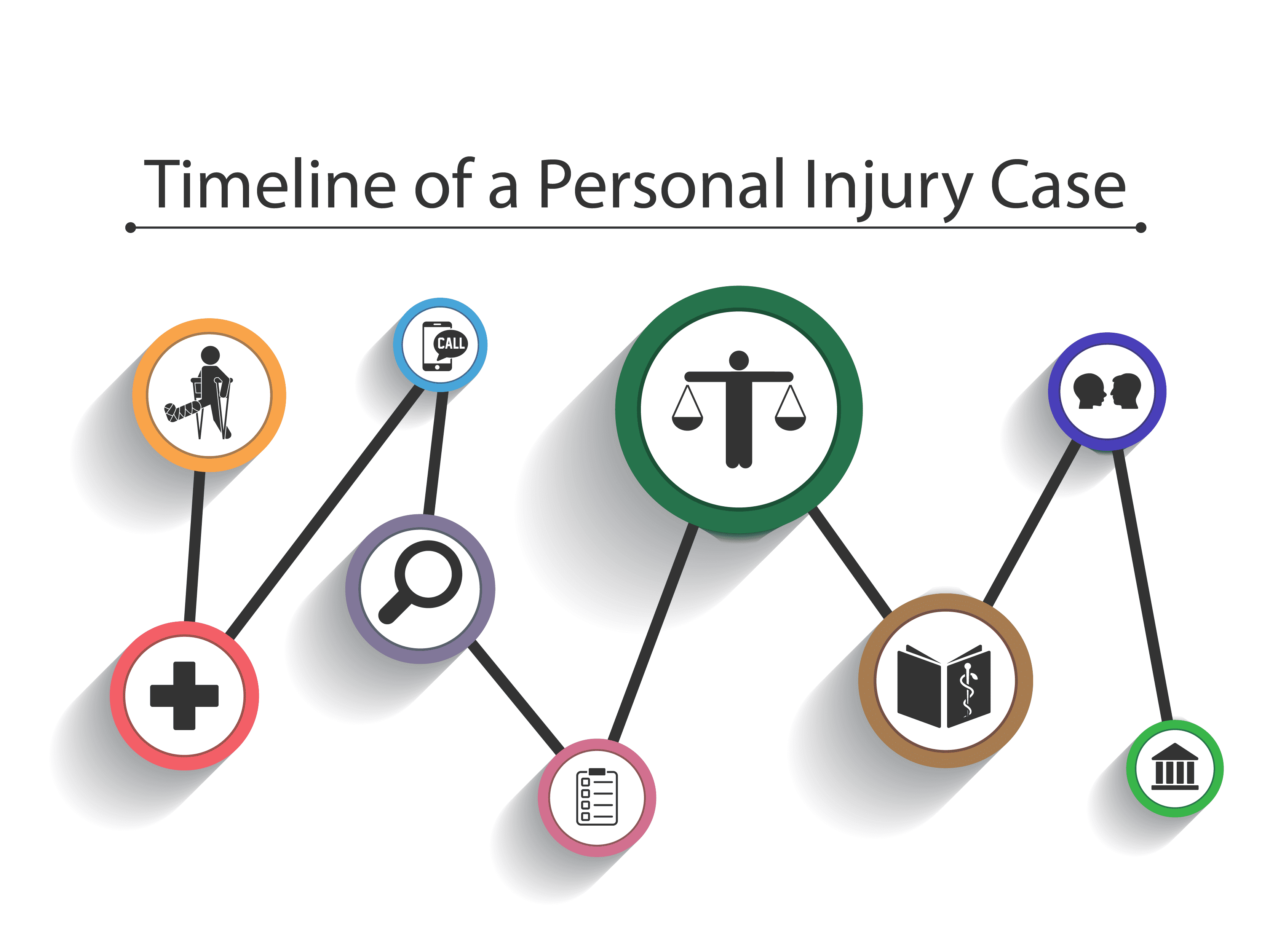A Comprehensive Overview To Landlord-Tenant Regulation Genuine Estate Attorneys
A Comprehensive Overview To Landlord-Tenant Regulation Genuine Estate Attorneys
Blog Article
Short Article Created By-Staal Walker
When it comes to landlord-tenant law, knowing your civil liberties and duties is important for both parties. You could assume you have a strong understanding on the fundamentals, yet there are typically nuances that can capture you off-guard. Whether you're a property owner managing a home or a renter looking for a stable home, comprehending the lawful landscape can make all the difference. What may stun you are the intricacies involved in navigating disagreements and expulsion procedures.
Understanding Occupant Rights and Responsibilities
When you lease a home, it's critical to recognize your rights and duties as a renter. You can a safe and habitable living atmosphere, suggesting your property manager must keep vital solutions like home heating, plumbing, and electrical energy.
You're also qualified to personal privacy; landlords commonly need to supply notice before entering your device.
On the other side, you are in charge of paying rental fee on schedule, maintaining the building tidy, and not creating damage past regular deterioration.
Familiarize yourself with your lease agreement, as it lays out certain rules and obligations. Recognizing these aspects not just safeguards you but additionally promotes a favorable connection with your proprietor.
Stay informed, and you'll navigate your occupancy better.
Key Property Owner Obligations and Legal Factors To Consider
While you might understand your civil liberties as a renter, it's equally important to understand your property manager's obligations.
Landlords should give a secure and habitable living setting, guaranteeing that essential systems like home heating, plumbing, and electrical energy remain in functioning order. They're additionally responsible for making necessary repairs without delay and sticking to regional building ordinance.
Additionally, property owners need to appreciate your personal privacy by giving correct notification prior to entering your unit, generally 1 day. https://www.dailystrength.org/journals/title-problems-ways-a-real-estate-lawyer-can-offer-assistance should handle down payment according to state laws, including returning them promptly after you leave, minus any type of lawful deductions.
Understanding these obligations can help you preserve a positive connection with your proprietor and guarantee your living situation fulfills lawful criteria.
Browsing Conflicts and Eviction Procedures
Disputes between proprietors and renters can develop suddenly, making it vital for you to recognize the processes involved in fixing them.
First, communication is crucial-- attempt to discuss issues directly to locate a compromise. If that falls short, acquaint on your own with your neighborhood legislations concerning disagreements and expulsion. Document whatever: keep records of communications, settlements, and any kind of violations.
If eviction ends up being needed, guarantee you follow the lawful actions called for in your location, which commonly consists of giving written notification and a details timeframe for resolution.
Be prepared to visit court if the scenario rises, maybe your only recourse. Comprehending trusts and estates law firm miami will assist you navigate disputes better and safeguard your legal rights as either a property manager or occupant.
Conclusion
In recap, comprehending landlord-tenant legislation is essential for both events associated with a rental agreement. By knowing your rights and responsibilities, you can promote a much better living setting and stay clear of conflicts. If conflicts develop, remember that a realty attorney can help direct you via the intricacies of expulsion procedures and legal commitments. Staying educated and proactive will certainly make sure a smoother rental experience, whether you're a property manager or a renter.
